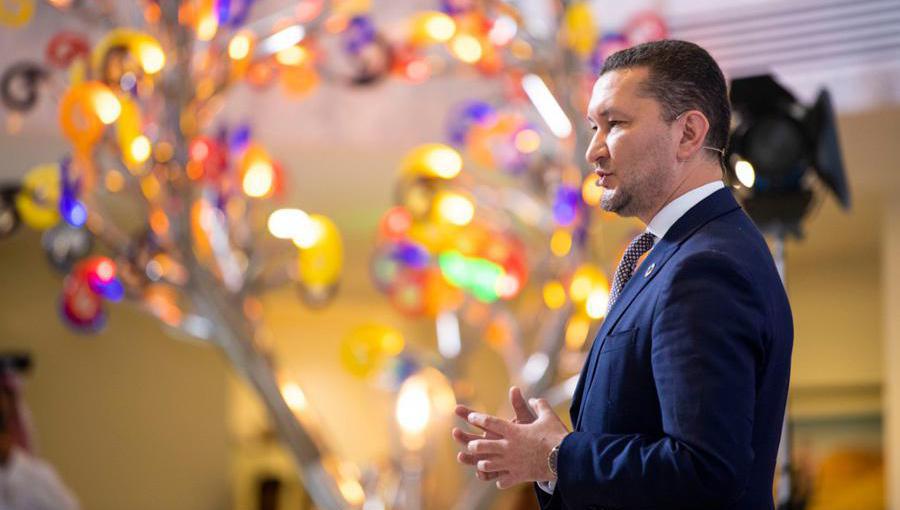
Volunteers at the UN: The Rich Human Talent Countering COVID-19
by Toily Kurbanov, Deputy Executive Coordinator of UN Volunteers
Collaboration has always been the heart of UNV. The extraordinary demands brought about by COVID-19 have put to test UNV’s role as an enabler of joint action by the United Nations and volunteers. Almost a year into the pandemic, it is time to recap and reflect: How well did UNV pass the test? What have we learned? And finally, where do we go from here?
From the onset, the pandemic disrupted how we bring volunteers to the UN. Travel lockdowns made international recruitments almost impossible. At the same time, the need for volunteers in the UN system increased. In a matter of a few weeks, UNV’s job changed and we had to brainstorm:
- How could we recruit as fast as possible for the urgent humanitarian response?
- How could we help the UN system access a breadth of local expertise?
- And, could we still enable UN teams on the ground to access international expertise?
An exponential increase in requests for UN Volunteers hit us already in February. The demand for medical doctors, nurses, epidemiologists and midwives increased threefold. For public health specialists, it increased twofold. And for gender advocates—reflecting the key role of women and the double impact on them as caretakers—by more than 30 per cent.
Immediately, hardworking UNV teams in more than 50 countries mounted a large-scale effort to reach local talent. Often, they worked in partnership with local professional associations and universities.
At headquarters, UNV headhunted for global talent through social media. We soon received more than 20,000 applications from health professionals alone.
The ongoing digital transformation of UNV also helped us to address urgent needs. During the pandemic, we managed to reduce the recruitment time for national UN Volunteers from 45 to 28 days. We also enabled volunteers to start their assignments remotely. This was particularly important for international UN Volunteers who were recruited just before the pandemic.
In parallel, we revamped our Online Volunteering service, which connects UN country teams with global citizens keen to volunteer online. Hundreds of Online Volunteers helped the UN to translate reports, prepare infographics and map COVID data.
So, what have we learned this year?
To start with, for many years, the UN was looking for generalists: programme assistants and community liaison officers. The pandemic has reshaped the priority skill sets. Today, we need both generalists and specialists (such as epidemiologists) in our global talent pool.
Second, UNV had a head start in countries where we had invested in national talent pools. In Yemen, for example, this helped us to immediately recruit 50 UN Volunteer Nurses for the UN clinic. Aligning local talent pools with the needs of UN country teams is critical for rapid response.
Third, we often conflate volunteerism and youth engagement. Volunteers are not only young. More often, they are mid-career or even post-retirement professionals. UN country teams that appreciate this have been able to make much better use of UN Volunteers.
Looking ahead, the UN will be seeking even more collaborative opportunities. Can international experts volunteer remotely with a group of national volunteers? Or community and online volunteers collaborate on the humanitarian response?
Already today, UN Volunteers are supporting joint UN programmes more than ever before. In Kenya alone, 50 UN Volunteer Health Experts have joined a programme of UNICEF, UN Women and UNDP.
While the crisis has shown that joint UN efforts work, the pandemic is far from over.
UN Volunteers on the ground and online continue to inspire us as the everyday champions of this fight. And the dedicated global UNV team is rooting for them and for our UN partners worldwide.
For us, collaboration has always been at the heart, for together, we can.